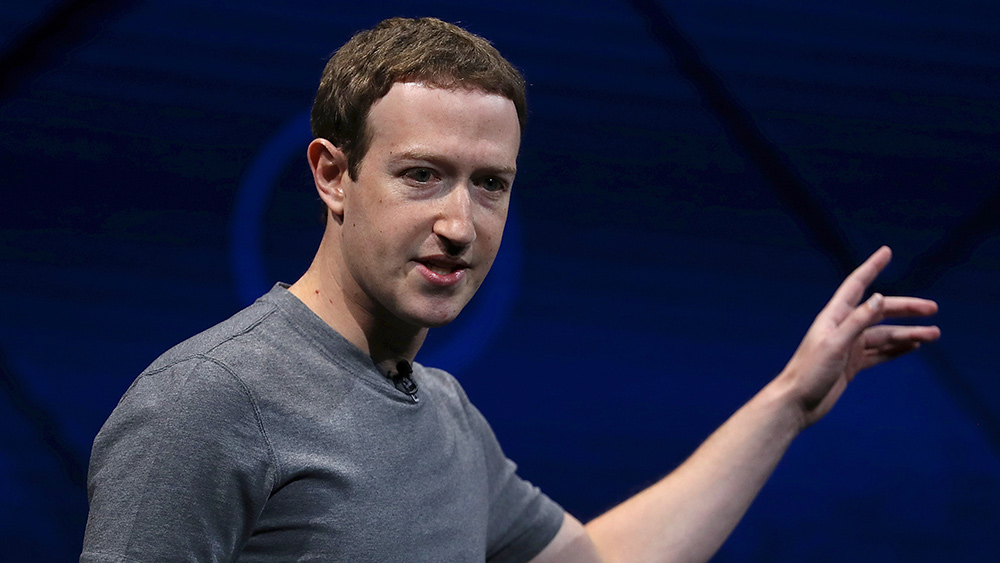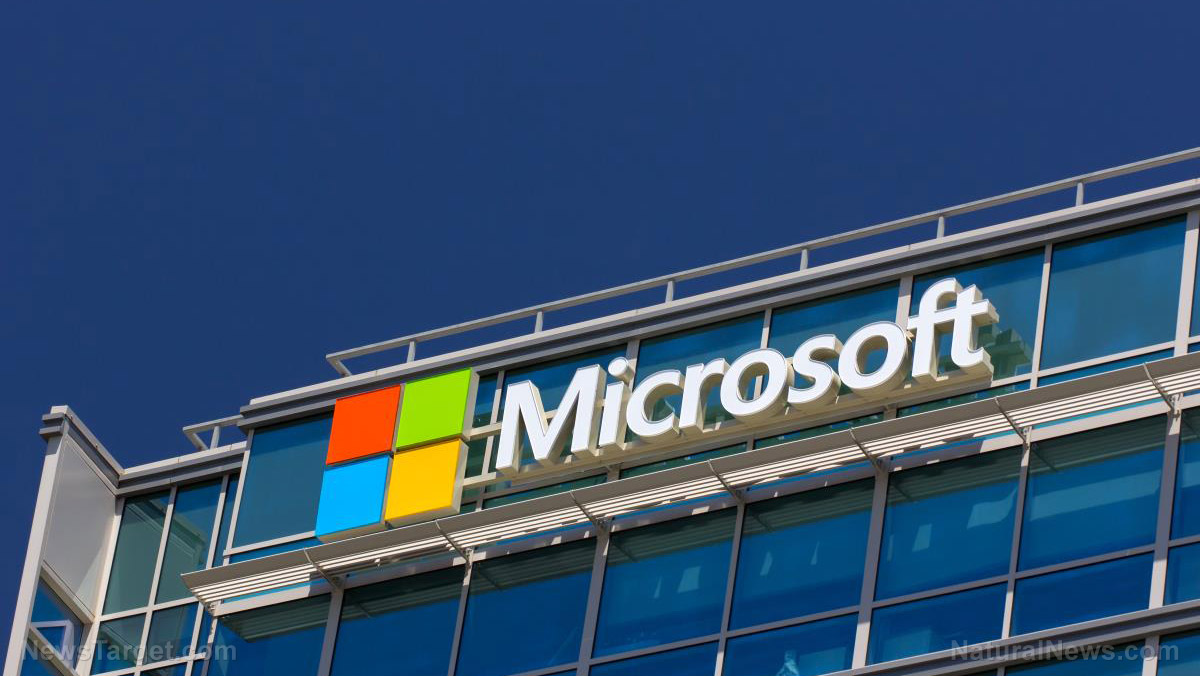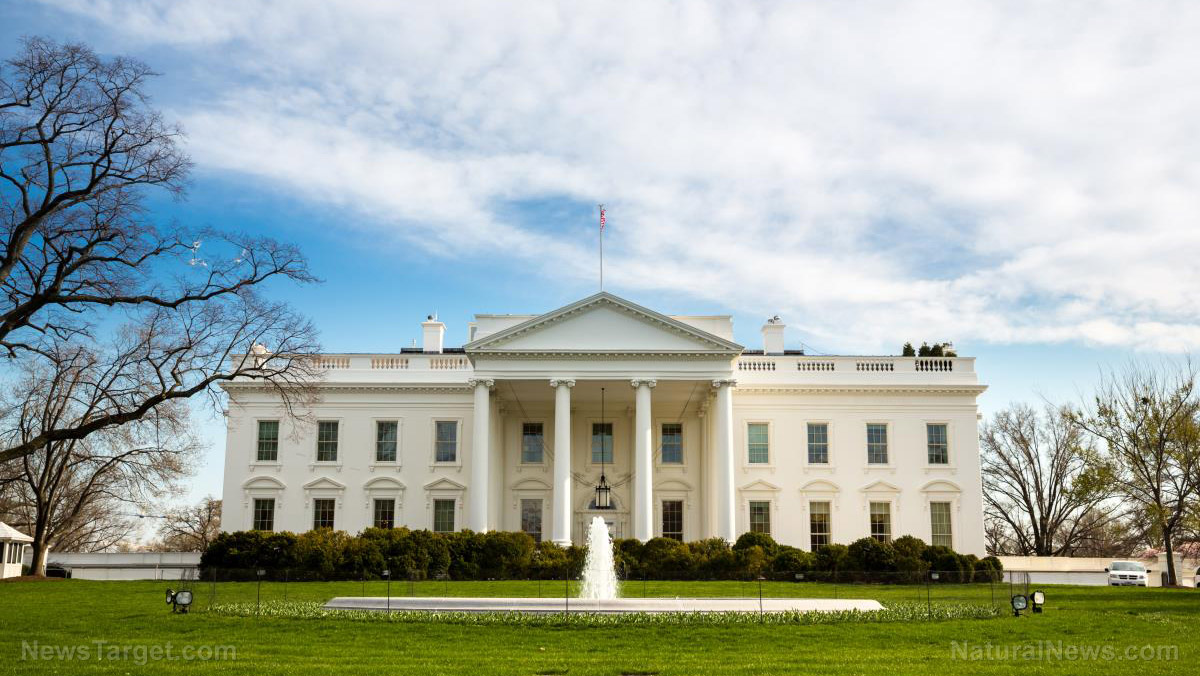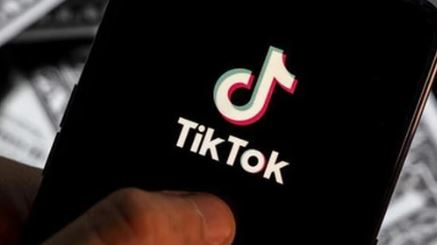Mark Zuckerberg announces $60 BILLION investment in Meta’s AI ventures
01/30/2025 / By Ava Grace

- Meta plans to invest $60 to $65 billion in AI projects this year.
- The investment includes building a massive data center and deploying over 1.3 million GPUs to support AI projects.
- Zuckerberg aims to make Meta AI the leading digital assistant with over one billion users across Facebook, Instagram and WhatsApp.
- Meta is developing an AI engineer to write code, which could boost R&D efforts, but the company faces risks and criticism over the sustainability and potential misuse of AI technology.
- Meta’s stock has since reached an all-time high following the AI investment announcement.
Meta CEO Mark Zuckerberg has announced plans to invest $60 to $65 billion in 2025 in expanding infrastructure for artificial intelligence projects.
This eye-watering sum represents a significant leap from the company’s $38 to $40 billion in capital expenditures last year, signaling Zuckerberg’s determination to position Meta as a dominant player in the AI boom.
At the heart of this massive investment is the construction of a colossal data center, described as large enough to “cover a significant part of Manhattan.” This facility, along with Meta’s plans to deploy over 1.3 million graphics processing units (GPUs) by the end of the year to support AI operations, will power the company’s AI offerings, including its Meta AI digital assistant and its Llama series of AI large language models. (Related: Meta plans to cut 5% of workforce, shifts focus to AI and free speech.)
Zuckerberg’s announcement comes at a pivotal moment in the tech world, where companies like OpenAI, Google and Microsoft are pouring billions into AI development.
The success of OpenAI’s ChatGPT has ignited a frenzy of investment, with tech giants scrambling to outpace one another in innovation and market share. Meta’s aggressive spending spree is a clear signal that Zuckerberg has no intention of being left behind.
Zuckerberg wants to bring Meta AI to over 1 billion people
Zuckerberg envisions Meta AI becoming the “leading assistant serving more than 1 billion people,” offering services across Meta’s platforms, including Facebook, Instagram and WhatsApp.
Additionally, the company is developing an AI engineer capable of writing code, which could accelerate research and development efforts across the tech industry.
However, this massive investment is not without risks. Meta’s shares plunged 16 percent earlier this year when Zuckerberg warned investors that the company’s AI initiatives would require a “multiyear investment cycle” before yielding significant profits.
While Meta’s stock has since rebounded, reaching an all-time high of $647.49 following the announcement, the company’s heavy reliance on digital advertising revenue raises questions about the sustainability of its AI spending.
Critics argue that Meta’s AI push is less about innovation and more about maintaining its competitive edge in a crowded market. The company’s open-source approach, which allows businesses and consumers to use its Llama AI models for free, sets it apart from rivals like OpenAI and Google. But this strategy also raises concerns about the potential misuse of AI technology, particularly in an era where deepfakes and misinformation are already rampant.
Zuckerberg’s announcement also comes amid a broader surge in AI investment across the tech industry. Earlier this week, President Donald Trump unveiled Project Stargate, a $500 billion AI infrastructure venture involving OpenAI, Oracle and SoftBank. Meanwhile, Microsoft and Amazon have committed tens of billions to their own AI initiatives, further intensifying the competition.
Watch this clip from Fox News discussing how the United States can still dominate in the global AI industry.
This video is from the TrendingNews channel on Brighteon.com.
More related stories:
DeepSeek shakes up Silicon Valley: China’s AI sensation outshines U.S. giants.
AI revolution takes center stage as DeepSeek-R1 model demonstrates advanced reasoning capabilities.
Sources include:
Submit a correction >>
Tagged Under:
AI, AI infrastructure, artificial intelligence, Big Tech, computing, cyber war, cyborg, data centers, future science, future tech, Glitch, information technology, inventions, large language models, mark zuckerberg, meta, Meta AI, robotics, robots, tech giants, technocrats
This article may contain statements that reflect the opinion of the author
RECENT NEWS & ARTICLES
COPYRIGHT © 2017 BigTech.news
All content posted on this site is protected under Free Speech. BigTech.news is not responsible for content written by contributing authors. The information on this site is provided for educational and entertainment purposes only. It is not intended as a substitute for professional advice of any kind. BigTech.news assumes no responsibility for the use or misuse of this material. All trademarks, registered trademarks and service marks mentioned on this site are the property of their respective owners.



















